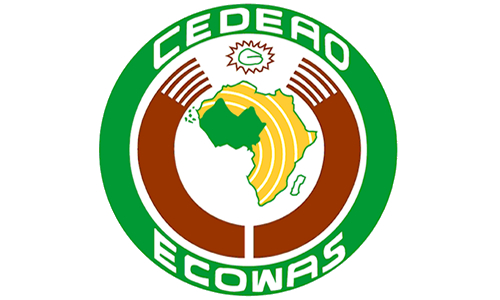
Mr Kofi Asare, Executive Director, Africa Education Watch (EduWatch), has called for a concerted civil society effort to implement the ECOWAS Agenda 2050.
“To enable the achievement of the objective of Vision 2050, it is imperative for member states to prioritise the implementation, especially of pillar four, which seeks to achieve transformative, inclusive, and sustainable development,” he said.
He said this at the opening of a three-day West Africa Education Civil Society Advocacy Conference in Accra.
The conference brought together Civil Society Organisation (CSO) leaders from Ghana, Togo, Côte d’Ivoire, Sierra Leone, Liberia, Nigeria, Senegal, Gambia, Benin, Guinea, and Mali with support from Oxfam Ghana.
The conference aimed to establish a common voice for education CSOs in West Africa to galvanise their experiences and competencies within ECOWAS to reinforce accountability in the implementation of education policies.
The implementation, he said, was important because of the unbalanced attainment of targets in Vision 2050.
“We believe that all civil society in the sub-region must come on board to attain balanced implementation of the key objectives and activities and strategies in the ECOWAS vision 2050.
He said the development of globally competitive human capital to drive the sub-region’s development was critical and fundamental to the success of the ECOWAS vision 2050.
Mr Asare said EduWatch had since 2019 been involved in transformative education policy influencing with support from Oxfam at the sub-regional level, working closely with the ECOWAS Secretariats and committees on education, science, and culture.
He said EduWatch, in partnership with FOSDA and other organisations, had made modest gains in gender-transformative education and climate-responsive Technical and Vocational Education and Training.
With this feat, he stressed, that it was important to build a network of policy-influential organisations within the sub-region to collaboratively pursue key transformative education objectives in the ECOWAS vision 2050.
He urged all participants to actively contribute to the discussions and recommend actionable approaches to achieve the objectives of the conference.
Mr Abdul Rahman Kays, Executive Director, West Africa Youth Network for Peace Education and Economic Development in Sierra Leone, said their government had made a budget allocation of 21 per cent to the education sector.
The Sierra Leone government, he stated, had made education free in 2018, from primary to the secondary level.
Among the challenges facing the country are insufficient learning materials and salary disparities among teachers and called on the authorities to address the problems.
Source: GNA























